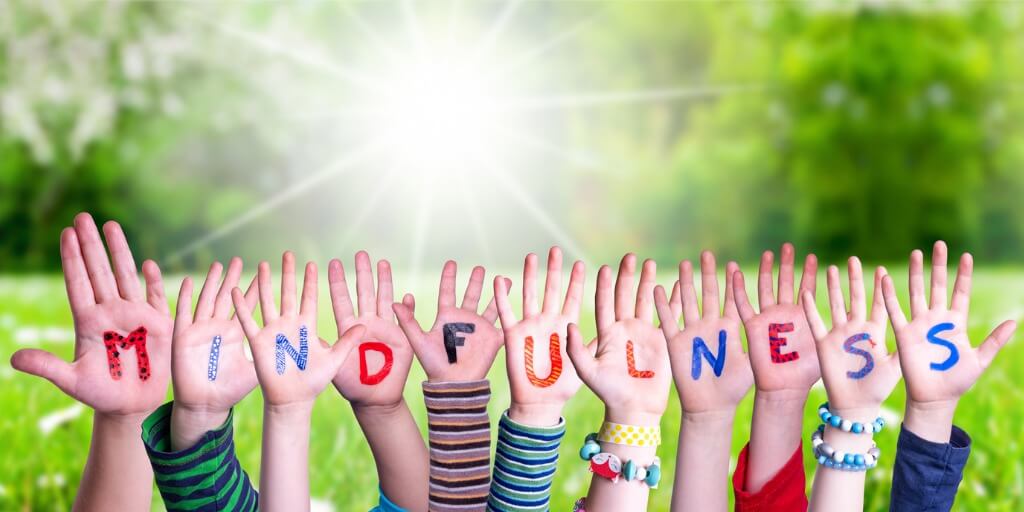Using mindfulness and compassion to support grieving children and families

Our empathy training often focuses on fully experiencing another’s perspective. However, recent neuroscientific research challenges this approach. New studies on empathy and compassion pathways reveal a different understanding of both gifts and perils of unmediated empathy.
This training is experiential and interactive. We will explore mindfulness as a core mediator in therapeutic presence. It will also examine sustainable practices through cultivating self-other compassion as a clinical skill. It will also touch on practices of cultural humility and cultural competence as core values of attuned and ethical care.
In addition to exploring their own mindfulness and compassion practices, clinicians will examine mindfulness techniques that they can use with children, adolescents, and families. This approach highlights the value of mindfulness and compassion as essential components of providing grief support to people of all ages.
Participants of this webinar will:
- Understand empathy and compassion through the lens of neuroscience, including how mindfulness enables us to remain grounded and open in the face of suffering and distress
- Explore strategies for developing open presence and deep listening in clinical work
- Explore compassion as a trainable skill and the value of self-compassion as a foundation for our work with others
- Consider nervous system and body-based regulatory strategies for working with suffering from the perspective of polyvagal theory
- Learn mindfulness practices that can be incorporated into clinical work with children, youth and families who are grieving a death
- Explore perspectives of cultural humility and cultural competence in providing equitable, inclusive and diversity-affirming care
Please note: This webinar is module 3 of the Children’s grief and bereavement certificate program; however, participants can also register for it as a stand-alone training to enhance their skills in supporting grieving children and families.



